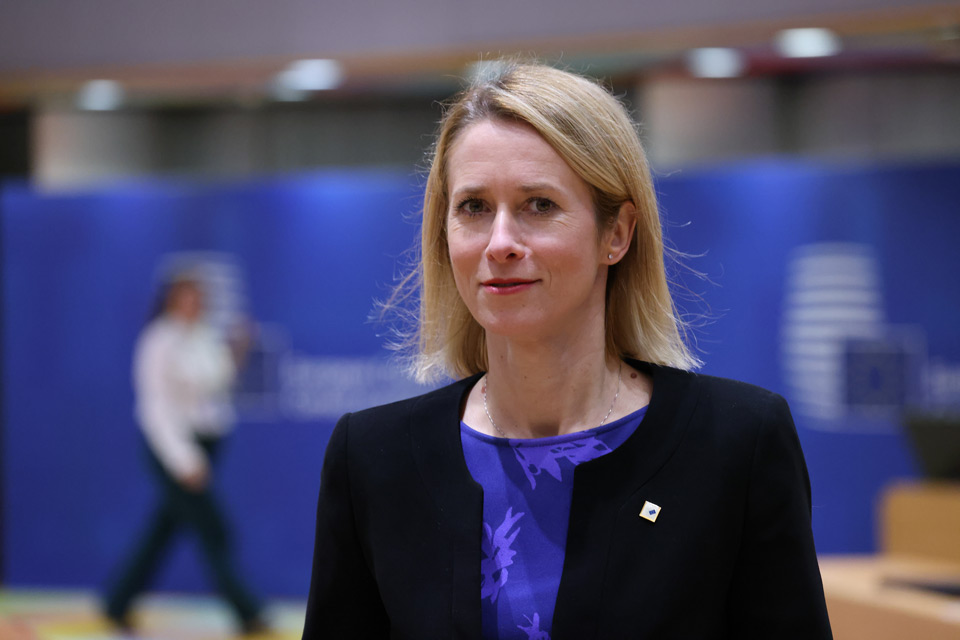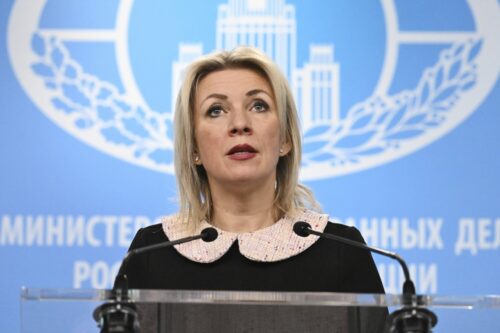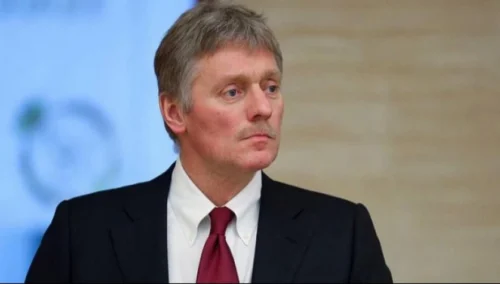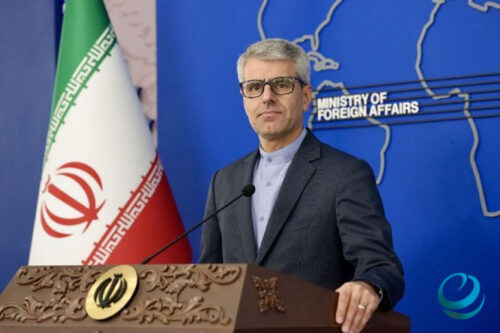
Kaja Kallas: The diplomat who forced Merkel to step down and plans to be ‘a breath of fresh air’ for the EU
In June 2021, just five months into her stint as Estonian prime minister, Kaja Kallas walked into the headquarters of the European Council to confront Europe’s most powerful leader, POLITICO writes.
As media headlines warned of Russian troops massing on the border of Ukraine, then-German Chancellor Angela Merkel wanted to invite Russian President Vladimir Putin to an upcoming summit of European Union leaders in Brussels. The idea had the backing of French President Emmanuel Macron, and Merkel intended to push it through during a meeting of the European Council in Brussels.
Kallas wasn’t having it. “A summit on what?” she asked in front of all the EU leaders, according to two diplomats. Putin, she stressed, could not be trusted, and should be neither accommodated nor appeased. Merkel, unable to pull off her plan without at least the grudging consent of her fellow leaders, backed down.
As the German chancellor left the room, Macron was in disbelief that a new leader from a small EU country had dared humiliate Merkel, at that time the bloc’s main power player.
According to one diplomat, the French president turned to Kallas and, hinting she might face backlash, asked: “Will you still be prime minister tomorrow?”
Three years later, it’s Merkel who has had to make way and Kallas who’s gotten a promotion. On Dec. 1, Kallas became the EU’s high representative for foreign affairs and security policy, making her the bloc’s top diplomat.
She is taking office during a period of historic geopolitical upheaval. Her portfolio will require her to balance the interests of the EU’s 27 countries, each of which has traditionally enjoyed a veto on matters of foreign affairs. Kallas will have to overcome the widespread preconception that she’ll be a single-issue foreign policy chief.
“If you ask Kallas where Africa is, she might tell you it’s south of Russia,” a senior European diplomat quipped.
Top aides to 10 EU foreign ministers, current and past, who spoke to POLITICO anonymously, are hopeful that Kallas will have a significant impact on the global stage.
Kallas, according to a senior official, is expected to ask the ministers to come to the meetings with fresh ideas, to encourage spontaneous conversation and to zero in on strategic issues.
“Kallas will be a breath of fresh air,” a foreign minister from a Western European country said.



